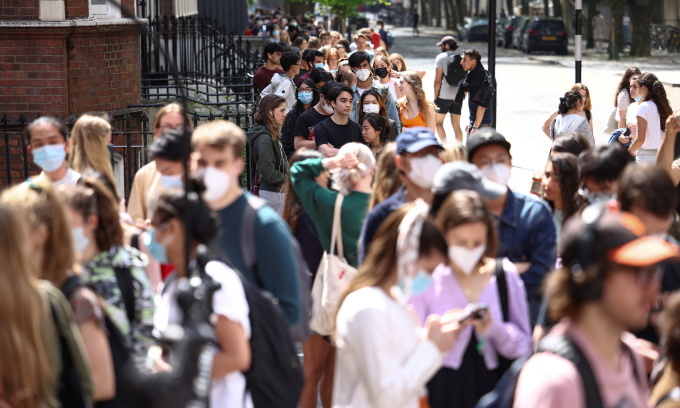The U.K.’s Migratory Advisory Committee (MAC) has recommended to the government that the Graduate Route, an immigration pathway among international students seeking employment in the U.K. post-graduation, should be maintained.
The recommendation was made on May 14 after the MAC completed an independent review and found no evidence of widespread abuse, the committee announced in an official statement.
It was reviewed as ordered by the U.K. government on March 11 following concerns that the graduate route may be attracting migrants to come to the U.K. primarily for post-study work opportunities, rather than to access quality education and the secondary opportunity to gain experience in the U.K. labour market.
This decision supports universities and preserves the post-study rights of international students.
“We found no evidence of any significant abuse of the graduate route. By abuse, we mean deliberate non-compliance with immigration rules,” said the MAC.
The review highlighted that the visa does not compromise the U.K. higher education system’s integrity or quality. Instead, it has enabled universities to offer more courses and recover financial losses incurred from domestic students and research activities.
However, the committee criticised certain recruitment agents for potential exploitation through poor practices.
Professor Brian Bell of King’s College London and chair of the MAC emphasized that the graduate visa was crucial for attracting international students, whose fees help subsidize the costs of educating British students and conducting research.
Brian Bell, professor of economics at King’s College London and chair of the MAC, said the Graduate route “is a key part of the offer that we make to international students to come and study in the U.K.”
“The fees that these students pay helps universities to cover the losses they make in teaching British students and doing research,” he said.
“Without those students, many universities would need to shrink and less research would be done. This highlights the complex interaction between immigration policy and higher education policy.”
Vivienne Stern, Chief Executive of Universities U.K., told ICEF Monitor that the conclusions drawn by Migration Advisory Committee were “extremely important and welcome.”
“The uncertainty caused by the decision to review the visa has been toxic. We hope and expect that government now listens to the advice they have been given and provides categorical reassurance that the Graduate visa is here to stay,” she said.
Statistics from the U.K. government revealed that study visa applications have dropped to 34,000 in the first quarter, a decrease from 46,900 applications in 2022.
According to the country’s Home Office, after new government rules banning Masters-taught students from bringing dependents came into force on Jan. 1, total dependent study visa applications have fallen from 23,800 in Q1 of 2022, to 6,700 in the first three months of this year.
24/7 UPDATES ON OUR WHATSAPP TV, JOIN NOW
Follow Us on Facebook – @2709Updates; Instagram – @2709Updates; X – @2709Updates;
Discover more from 2709 Updates
Subscribe to get the latest posts sent to your email.



